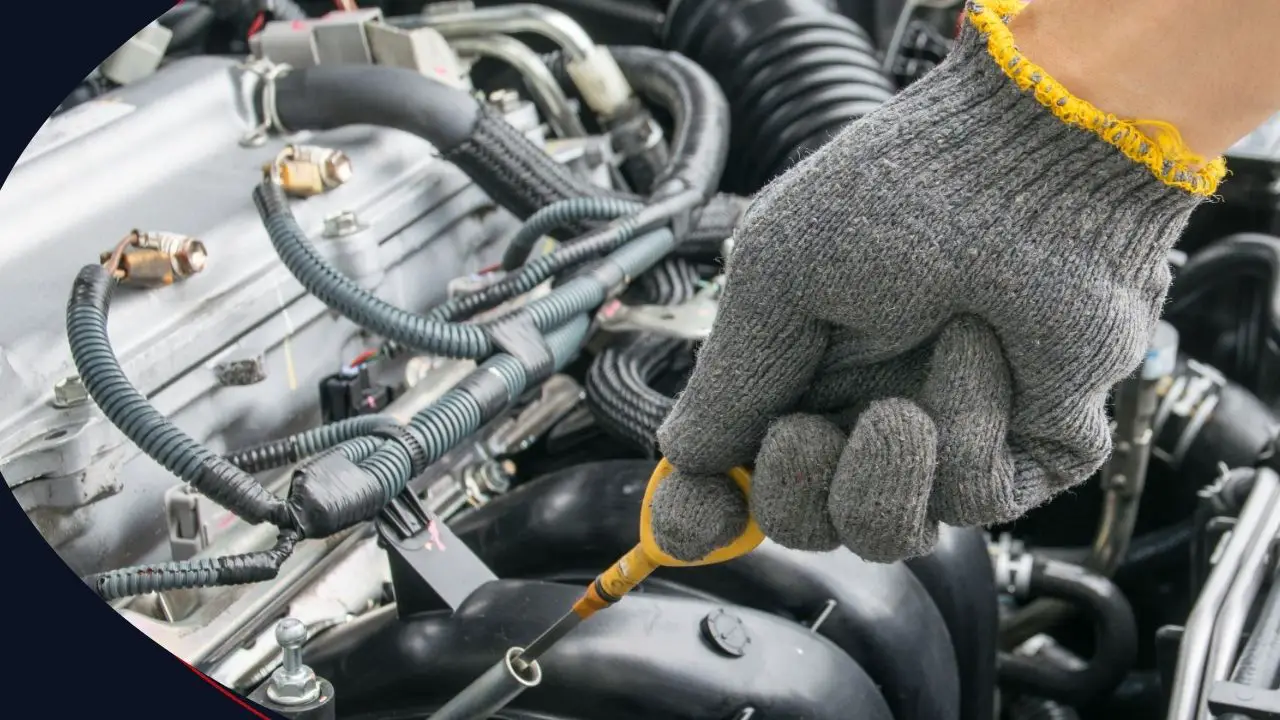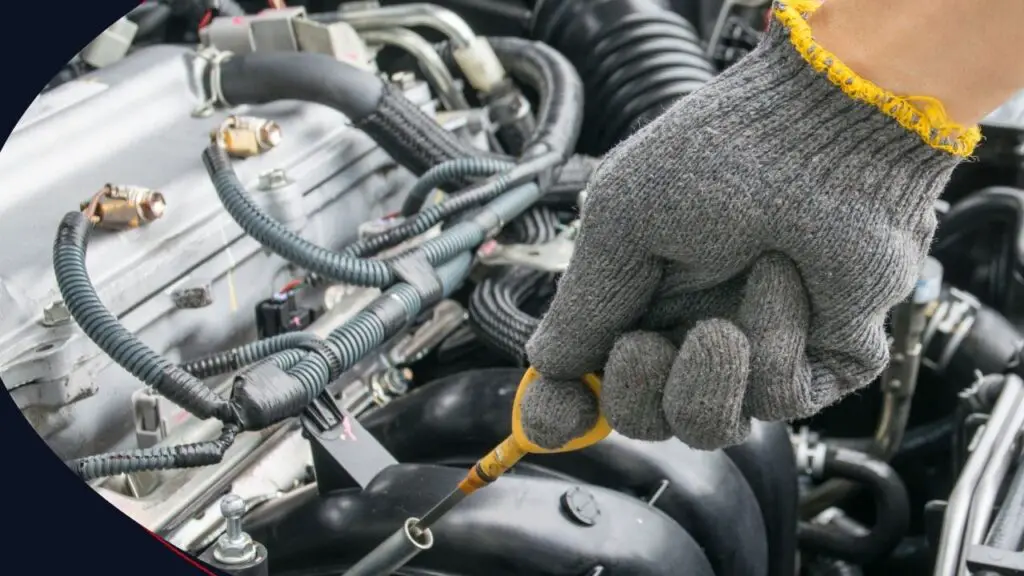Phone:
(701)814-6992
Physical address:
6296 Donnelly Plaza
Ratkeville, Bahamas.

Engines are the heart of any vehicle, defining not just its speed and power but also its longevity, fuel economy, and even environmental footprint. Finding the “Best Car Engine” is about more than just performance; it involves understanding various engine types, their advantages, and how they meet specific driving needs. In this guide, we’ll explore the intricate world of car engines, from popular engine types to essential maintenance practices, helping you make an informed choice.

Car engines are marvels of engineering, converting fuel into mechanical energy that powers the wheels. Over the years, car engines have evolved from simple mechanical devices to highly complex, computer-regulated systems designed for efficiency, power, and reduced emissions. Choosing the best car engine depends on what you need from your car, whether it’s speed, fuel economy, or longevity.
From early steam engines to the high-performance combustion engines of today, the evolution of car engines reflects the ongoing pursuit of more efficient, reliable, and powerful vehicles. Innovations like fuel injection, turbocharging, and hybrid-electric technology have made modern engines more versatile than ever.
Quality in engine manufacturing translates to better fuel efficiency, higher power output, and longer vehicle lifespan. A high-quality engine can withstand thousands of miles with minimal wear, providing reliability and optimal performance. Ultimately, investing in a vehicle with a top-rated engine can save money on repairs and fuel in the long run.
Each part of a car engine plays a role in creating power and maintaining efficiency. Understanding these components can help you recognize what to look for when choosing the best car engine.
The cylinder block is the core of the engine, housing the cylinders where fuel combustion occurs. Constructed from materials like aluminum or cast iron, it must withstand high pressures and temperatures while remaining lightweight.
The pistons move up and down inside the cylinders, driven by the combustion of fuel. The crankshaft, connected to the pistons, converts this up-and-down movement into rotational motion, which ultimately powers the car’s wheels.
The camshaft controls the opening and closing of the engine’s valves, which allows the intake of fuel and expulsion of exhaust. Proper valve timing ensures smooth engine operation and optimal fuel combustion, which impacts performance and efficiency.
Engines come in various configurations, each offering unique benefits. When looking for the best car engine, knowing these types can help match an engine’s characteristics to your driving style and needs.
This configuration arranges the cylinders in a straight line, making it compact and easy to work on. Inline engines are commonly used in smaller cars due to their balance of performance and fuel economy.
V-engines, named for the “V” shape of their cylinders, provide higher power and are commonly found in performance and luxury vehicles. Their design allows for more cylinders in a smaller space, offering a good balance between power and compact size.
Boxer engines, often used by brands like Subaru and Porsche, have a unique configuration where cylinders are positioned horizontally, offering a low center of gravity and excellent stability.
With technological advancements in full swing, the year 2025 brings some of the most efficient, powerful, and eco-friendly engines to the market.
From fuel-efficient hybrids to high-powered V8s, the best engines of 2024 cater to various driver preferences. Compact engines are popular among city drivers, while robust options appeal to sports car enthusiasts.
High-performance engines like the V8, twin-turbo V6, and electric motors dominate the performance car market in 2024. These engines offer a thrilling balance of speed and power, often paired with advanced transmission systems.
5. How to Choose the Best Car Engine
Selecting the best engine is more than comparing horsepower—it’s about balancing several factors to match your needs and lifestyle.
Power, measured in horsepower, and torque determine an engine’s performance. If you want acceleration and towing capacity, opt for an engine with higher torque. For speed enthusiasts, high horsepower is key.
Fuel efficiency is vital for those prioritizing economy. Smaller engines, hybrids, and electric motors lead in this category, offering better mileage and lower emissions.
When choosing an engine, consider reliability and maintenance needs. Engines with fewer moving parts generally require less maintenance, saving costs over time.
Even the best car engines can face problems, but knowing common issues can help in early diagnosis and prevention.
Overheating can be due to coolant leaks, a failing water pump, or a blocked radiator. Regular checks and timely repairs can prevent costly damage.
Engine knock occurs when fuel burns unevenly, causing knocking sounds and potentially damaging the engine. Using the correct fuel type and regular maintenance helps reduce this risk.
Some engines burn more oil than others, leading to frequent top-ups. Checking oil levels regularly and using high-quality oil can mitigate excessive oil consumption.
Routine maintenance extends engine life and ensures efficiency. Simple habits like checking oil levels and replacing filters contribute to a healthy engine.
Oil is crucial for engine lubrication and temperature control. Regular oil changes keep the engine clean and functioning smoothly, preventing wear and tear.
Coolant prevents overheating, and regular checks ensure that the engine stays at an optimal temperature. Proper lubrication of engine components reduces friction and extends their lifespan.
Replacing air and fuel filters regularly enhances fuel efficiency and reduces strain on the engine, resulting in a smoother drive and extended engine life.
Modern engines are more than mechanical machines; they are intricate systems that incorporate cutting-edge technology for performance and efficiency.
Hybrid engines combine a gasoline engine with an electric motor, offering increased fuel efficiency and reduced emissions, making them ideal for city drivers and eco-conscious consumers.
Electric engines produce zero emissions, while hydrogen fuel cell engines are emerging as potential alternatives, offering clean energy and significant range for long-distance driving.
With growing awareness of environmental impacts, car engines are under scrutiny for their emissions and fuel consumption.
Car engines contribute significantly to global emissions. Governments worldwide are setting emission standards and promoting electric engines to combat pollution.
Biofuels, ethanol, and hydrogen offer greener alternatives to traditional gasoline, potentially reducing an engine’s environmental footprint and improving sustainability.
Selecting the best car engine involves understanding different engine types, components, and maintenance needs. By familiarizing yourself with the technology and design, you’ll be better equipped to make an informed choice that aligns with your driving style, budget, and environmental considerations.
A car engine that balances power, efficiency, and reliability can be considered one of the best.
Generally, servicing should be done every 3,000 to 5,000 miles, depending on the type and age of the engine.
Hybrid and electric engines currently lead in fuel efficiency, especially for city driving.